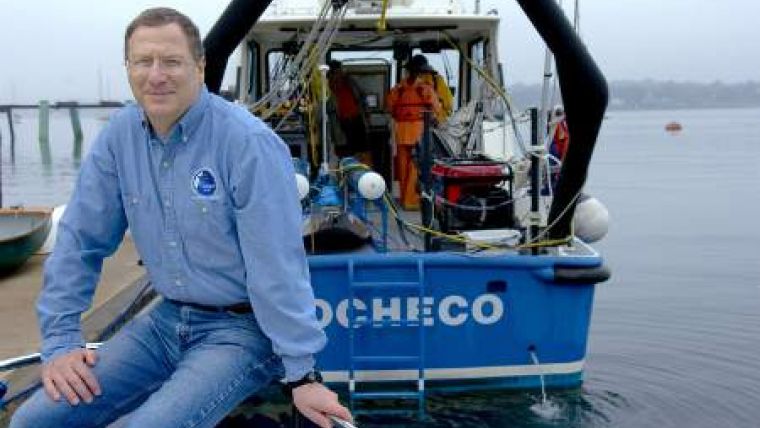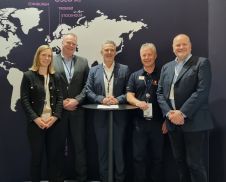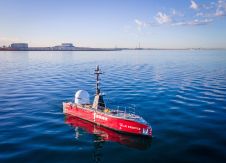5 Questions to Larry Mayer
Larry Mayer is professor and director of the School of Marine Science and Ocean Engineering and director of the Center for Coastal and Ocean Mapping, University of New Hampshire, USA. Hydro International asked him five questions
Attracting sufficient students is a first priority at universities. What is the situation at your university?
As the reputation of our Center has grown, we have been fortunate to have a steadily increasing number of applicants. The applicant pool is aided by our GEBCO training programme and the close ties we have with NOAA and other government agencies. Our programme is a graduate level programme and the challenge is to find students with the appropriate undergraduate background to succeed in advanced hydrographic training.
What impact does the increasingly important role of hydrographics have on education?
We see an increasing demand for well-trained students but as the breadth of ocean mapping applications grows, it presents challenges to us to train students with the appropriate suite of skill sets required.
How do you cooperate with manufacturers of hydrographic hardware, software and geodata?
We have a formal programme of ‘Industrial Associates’. The Industrial Associates provide an ‘in kind’ contribution to the University (e.g., access to their hardware or software) and in return they have access to our research programmes and the tools (typically software) we develop. We also have an ‘Industrial Associates Day’ where the industry partners and senior leadership from our NOAA (and other) sponsors come together to discuss current and future problems facing the hydrographic community.
What do you regard as the biggest challenge in the hydrographic sector and how can universities contribute to tackling it?
The collection of modern hydrographic data requires an increasingly broad set of highly technical skills including geodesy, cartography, engineering and computer science while the applications of seafloor surveying are expanding well beyond chart making to a range of biological, engineering, and earth science applications. The key challenge we face is to ensure that we continue to provide students who are capable of collecting and processing the best data possible while at the same time able to appreciate and contribute to the broad range of applications.
If students from your university plan to start their own company, what do you advise them?
We encourage them but with caution. We suggest they get some experience in the industrial sector before they strike out on their own – and we also suggest that technical skills alone are not enough – they must also ensure that they have an understanding of good business practice.

Value staying current with hydrography?
Stay on the map with our expertly curated newsletters.
We provide educational insights, industry updates, and inspiring stories from the world of hydrography to help you learn, grow, and navigate your field with confidence. Don't miss out - subscribe today and ensure you're always informed, educated, and inspired by the latest in hydrographic technology and research.
Choose your newsletter(s)
























